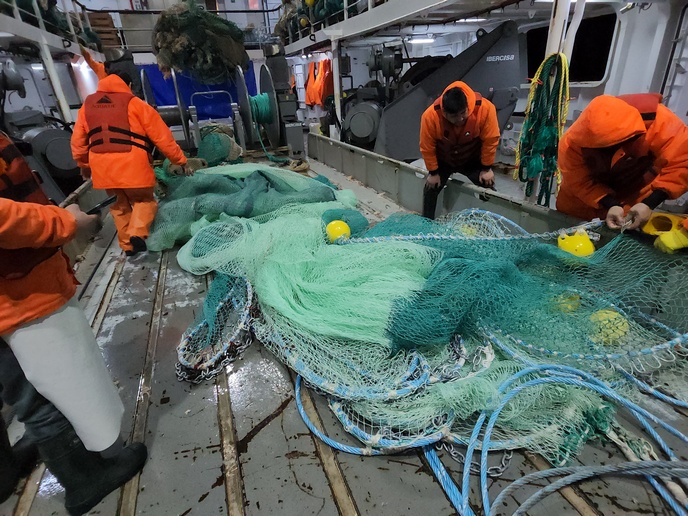Combating plastic pollution with bio-based alternatives
Plastic is durable and versatile, making it a popular material in various industries. However, its durability also means it takes hundreds of years to decompose, leading to its widespread accumulation in the environment. Plastic pollution has serious consequences on ecosystems, wildlife and human health. Marine life often mistakes plastic for food, while chemicals in plastics and microplastics can also enter the soil, air and water.
Novel bio-based plastics
Addressing plastic pollution requires a holistic approach involving public awareness, effective waste management strategies, innovation including in materials and packaging, effective policies and international cooperation. The EU-funded SEALIVE project focuses on the development of new biodegradable and compostable materials as alternatives to plastics. The consortium leverages cutting-edge technologies to convert biomass sources such as microalgae, organic waste, and other sustainable plant feedstocks into bio-based materials. These materials have been used in a range of products from recyclable food packaging and cutlery to fishing nets and crates. “SEALIVE does not stop at technological developments; it considers the entire lifecycle of the bio-based products, including disposal and end of life management and defines business models to guarantee the implementation at industrial scale,” outlines project coordinator Miriam Gallur. This approach ensures that the products created are not just efficient but also sustainable and environmentally friendly when produced on an industrial scale.
Real-world product validations
SEALIVE actively engages stakeholders, conducts real-world field validations and disseminates knowledge through training and events. The aim is to encourage the adoption of sustainable bioplastic products, particularly in land and marine-related sectors. “We sought validation of SEALIVE products under real conditions by engaging end-users and industry stakeholders,” explains Gallur. For instance, fishing nets are undergoing a 12-month pilot test in Cyprus, oyster mesh bags are being validated in France for nearly two years and fishing crates will be evaluated in Ireland by fishers and fishmongers. Early engagement with fishers in Cyprus allowed for tailored product development based on their insights. Moreover, reusable cutlery will be tested in supermarkets with real consumers. Stakeholders involved in testing received prior training on plastic pollution, waste management and circular economy principles from the SEALIVE consortium.
Policy recommendations
Furthermore, SEALIVE organised interactive exhibitions showcasing project products and engaging stakeholders from industry, policymaking, academia, and civil society in, Bulgaria, Greece, Croatia and Montenegro. These events not only showcased the potential of bioplastics but also identified hurdles and gaps in standards for testing such materials. The research carried out by SEALIVE has led to the creation of five policy briefings, contributing to ongoing efforts to shape EU and international policies. The consortium worked closely with the Directorate-General for Environment on the communication regarding bio-based, biodegradable and compostable plastics. To support the entire policy development process, SEALIVE has focused on establishing guiding principles for policymaking rather than making specific proposals. "These principles are designed to address persistent challenges like littering and to ensure adaptable policies for the future," highlights Gallur. The principles aim to leave a lasting impact beyond the project's timeline and are intended for universal application over an extended period. They will ensure relevance and efficacy in the fight against plastic pollution as well as in the development of new sustainable alternatives that could fit with specific market applications.
Keywords
SEALIVE, plastic pollution, end of life management, biomass, bio-based plastics, fish nets, food packaging, policy recommendations, cutlery, fish crates, biodegradable materials, compostable materials

